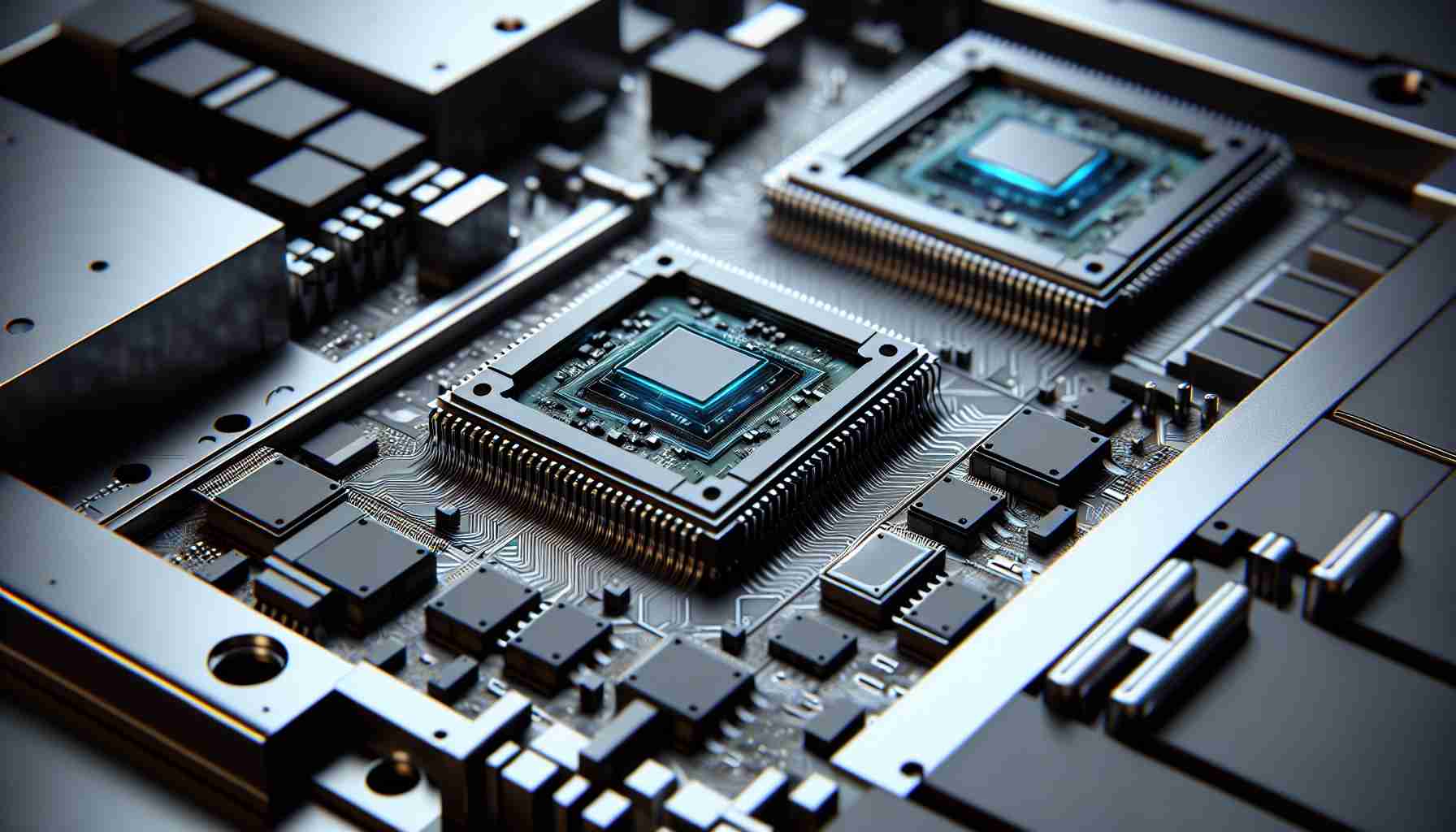A recent discovery has raised concerns regarding export controls as a chip manufactured by Taiwan Semiconductor Manufacturing Company (TSMC) was found in a Huawei device. The revelation came to light during a teardown conducted by the research firm TechInsights.
Prior to publishing their findings, TechInsights reached out to TSMC to inform them of the discovery. Following this, TSMC took proactive steps to notify the US Department of Commerce about the situation. Despite confirming their communication with the Commerce Department, TSMC clarified that they had ceased chip supplies to Huawei since September 2020.
Refuting any current investigations targeted at them, TSMC emphasized that they are not under scrutiny at present. The presence of TSMC chips in Huawei devices raises red flags due to export controls imposed on Huawei since 2019 over national security concerns.
While TechInsights refrained from providing comments on the matter, the incident underscores the challenges faced by tech companies entangled in the complex web of international trade regulations and security protocols.
Additional Facts:
– The US government has placed Huawei on an entity list since 2019, restricting American companies from doing business with the Chinese tech giant due to national security concerns.
– TSMC is one of the world’s largest semiconductor foundries and a key player in the global supply chain for advanced chips used in various electronic devices.
– Huawei has been investing heavily in developing its own semiconductor technology to reduce its reliance on foreign suppliers like TSMC.
Key Questions:
1. Are there potential legal implications for TSMC for having its chips in Huawei devices despite the export control restrictions?
2. How will this discovery impact TSMC’s business relationships with other companies and countries, considering the sensitive nature of the situation?
3. What measures can be taken to prevent similar occurrences in the future and ensure compliance with export control regulations in the tech industry?
Advantages:
– Identifying TSMC chips in Huawei devices highlights the importance of monitoring and enforcing export control regulations to safeguard national security interests.
– This incident could lead to increased scrutiny and awareness among technology companies about the implications of supply chain risks associated with geopolitical tensions.
Disadvantages:
– The discovery may strain relationships between TSMC and other partners who are wary of being associated with entities on the US entity list.
– It could potentially disrupt the semiconductor supply chain, leading to delays or complications in the production of electronic devices that rely on TSMC chips.
Suggested Related Links:
– TechInsights
– TSMC
– US Department of Commerce



